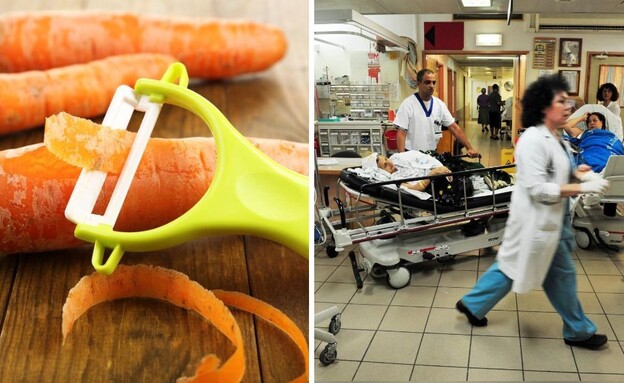The chance of being exposed to bacteria is greater when it comes to organic vegetables
Dr. Bela Azaria, a family medicine specialist at Asuta Medical Centers, explains that E.coli is a bacterium that resides in the digestive system of humans and animals. According to her, when watering vegetables and fruits, different types of water are used, and sometimes cloudy water that may contain bacteria. According to her, although the organic crop has advantages, since these fruits and vegetables are not sprayed with chemical pesticides, there are disadvantages – including the greater chance of exposing them to bacteria. She clarifies, adding that in any case, it is always important to wash vegetables and fruits thoroughly to reduce the chance of contracting bacteria.
The doctor also points out that most of the coliform bacteria are harmless, but some of them may cause morbidity, manifested in the least severe cases in diarrhea, urinary tract infections, pneumonia; and in more serious and rare cases in a life-threatening condition known as “sepsis”, in other diseases and even in death.
“People infected with E. coli, which produces a unique toxin, can experience severe stomach cramps, diarrhea (often bloody), and vomiting. Symptoms usually begin three to four days after ingesting the bacteria,” she notes. According to her, most people recover without treatment after five to seven days, but some can suffer permanent damage or die, as happened in the current outbreak, as mentioned.
The doctor indicates a number of symptoms that are suspicious of E. coli infection: diarrhea for more than three days, bloody diarrhea, fever higher than 38, multiple vomiting and inability to drink without vomiting, signs of dehydration, such as a significant decrease in urination, headaches and dry mouth and throat.
